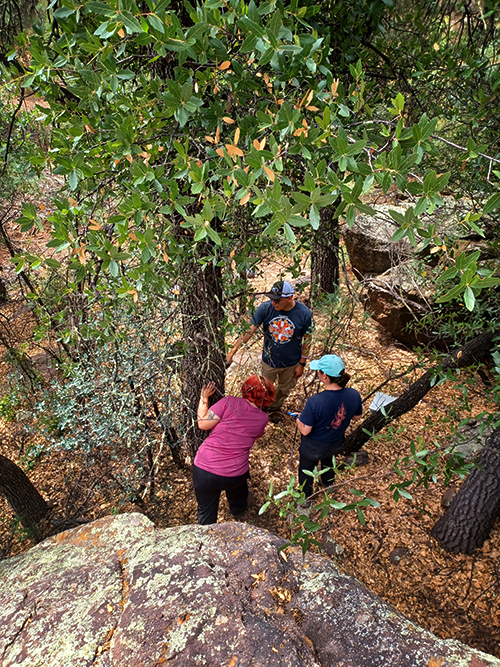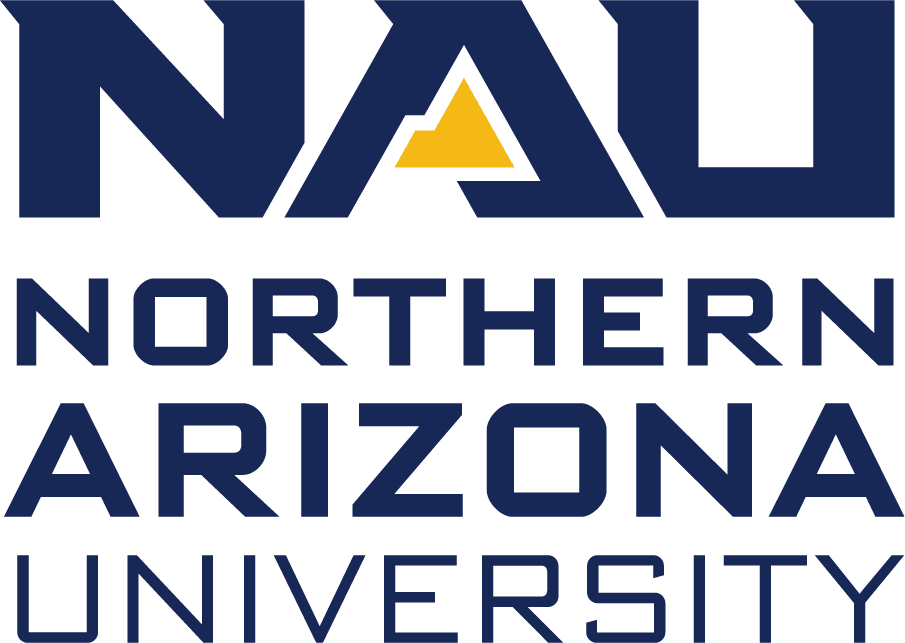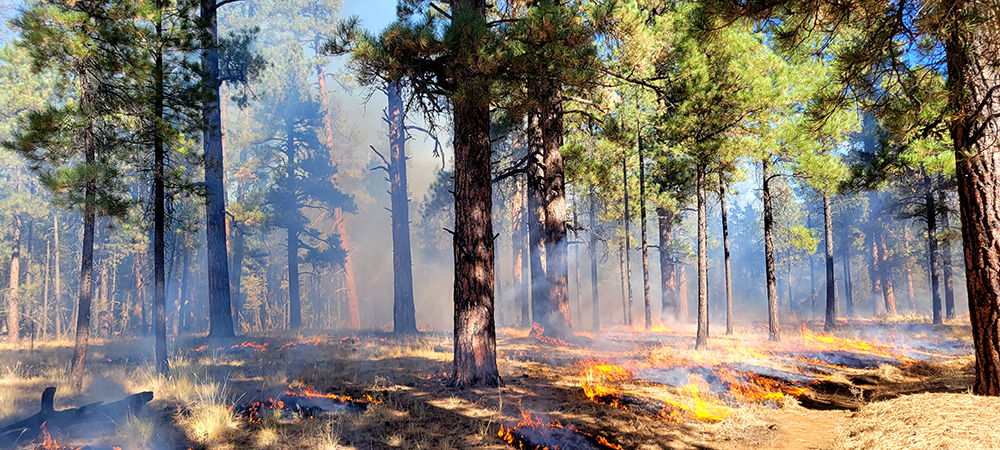While climate change is affecting people worldwide, certain communities are especially vulnerable. Regents’ professor Peter Fulé in NAU’s School of Forestry is determined to better prepare and equip those susceptible communities with knowledge and tools to help manage and fight climate change.
The Southwestern Mountains Climate Resilience Center, of which NAU is the lead institution, is one of six projects selected to receive funding as part of a $5 million allocation from the U.S. Department of Energy (DOE) to improve climate resilience. Because climate issues differ across the country and around the world, Fulé hopes this resource, which will focus on Southwest issues like increased fires and dust, will especially benefit Indigenous and rural communities in the Southwest.
The team working to establish the center, of which Fulé is the principal investigator and includes Mariah Carbone, Center for Ecosystem Science and Society, and Seafha Ramos and Salli Dymond, both with the School of Forestry, has set four objectives:
- Integrate research tools in dynamics of forests, disturbances, climate, carbon and hydrology that provide informative practical examples for climate-resilient management of public and Tribal lands.
- Develop an outreach program for science translation reaching K-12 and adult populations through online materials and a network of Native-serving teachers.
- Foster training and science translation of multidisciplinary climate scientists by building on links with a community college, Tribal college, the national-scale Institute for Tribal Environmental Professionals, the Southwest Fire Science Consortium, and others.
- Partner with DOE scientists on developing and communicating relevant science in two-way interactions with southwestern communities.

“As part of this effort, these communities will receive information and outreach about climate change effects and modeling tools to support local managers and decisions,” said Fulé. The team will help these communities gain the most utility from sophisticated computer models. The hope is that through these models, these communities can better understand global climate change and determine their needs when it comes to combating its effects. “Our role is to increase communication and help answer questions across these groups so that scientists are more aware of managers´ needs and managers are more aware and better able to use the more advanced models.”
The idea behind the DOE-funded climate resilience centers (CRCs), which will be established throughout the U.S., is to use universities to implement DOE climate science to help communities and regions reach full recovery after being exposed to climate-induced stresses and damages. By taking advantage of adaptive strategies with minimal impact on natural, socioeconomic, infrastructure and financial systems, CRCs will enable these groups to improve local climate resilience.
“Fundamentally, providing better scientific information and incorporating the perspectives of everyone from students, teachers and community members to resource managers and scientists will lead to better-informed decisions and greater resilience to negative impacts of climate change,” Fulé said. “All decisions are only as good as the information that goes into them. When it comes to making decisions about how to respond to climate-related threats like drought, fires and floods, we have to rely on predictions from computer models that reflect our best knowledge about how climate, plants, animals and people interact. These centers will do just that.”
Currently, the Southwestern Mountains Climate Resilience Center is recruiting staff and organizing the research. Fulé and his team plan to build on existing contacts and programs to complement, rather than duplicate, the many approaches to climate solutions going on in the Southwest. The project funding will span three years.
“This center is an excellent opportunity for NAU as a Hispanic-Serving Institution and a strongly Native-serving institution to play a prominent role in helping share information and seek solutions for Southwestern communities and landscapes,” Fulé said. “I look forward to the work ahead.”

Carly Banks | NAU Communications
(928) 523-5582 | carly.banks@nau.edu



